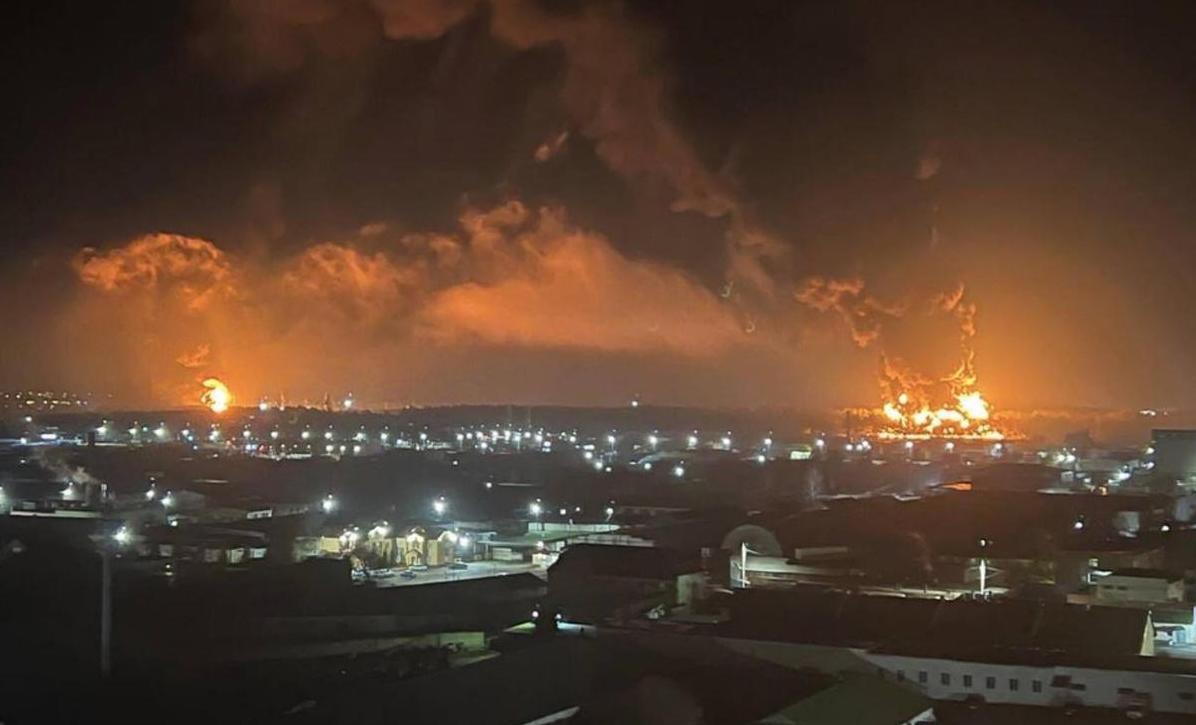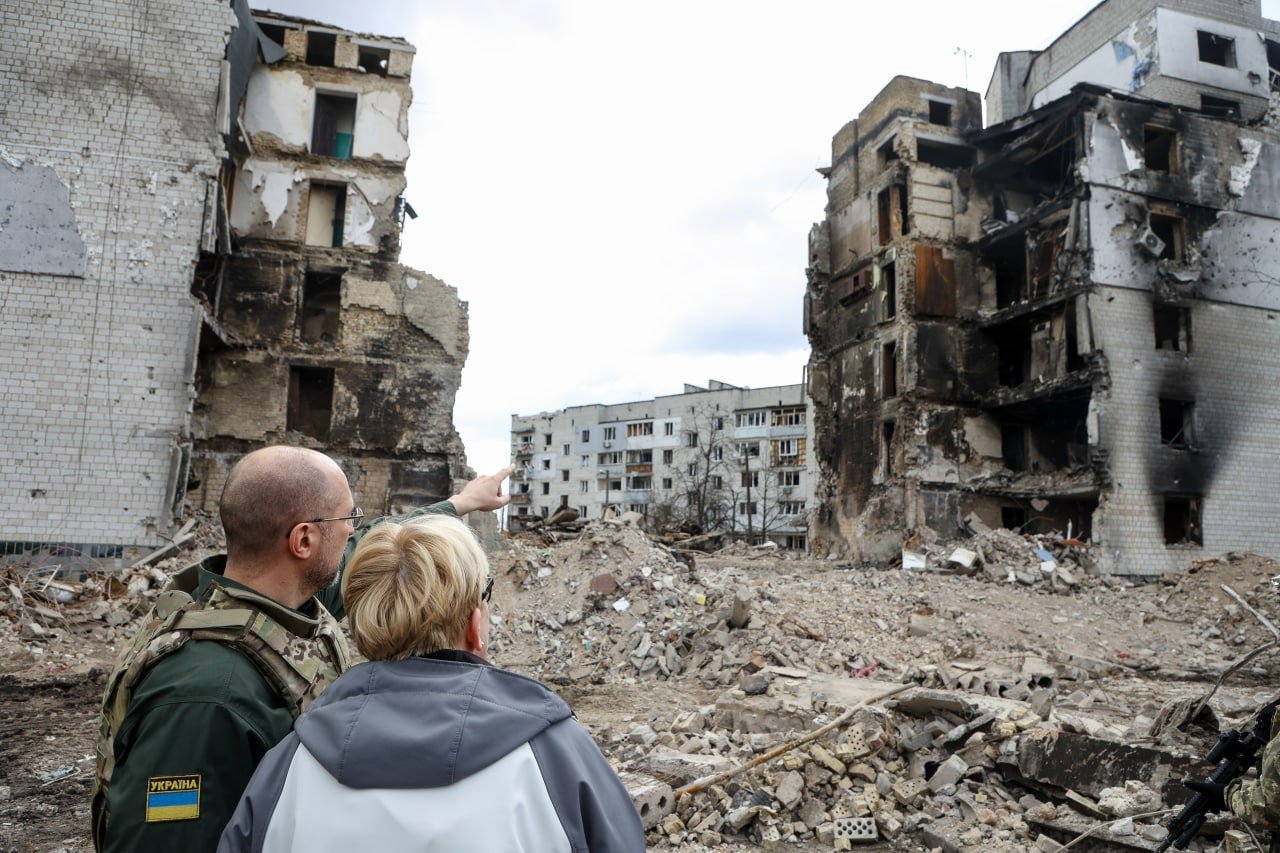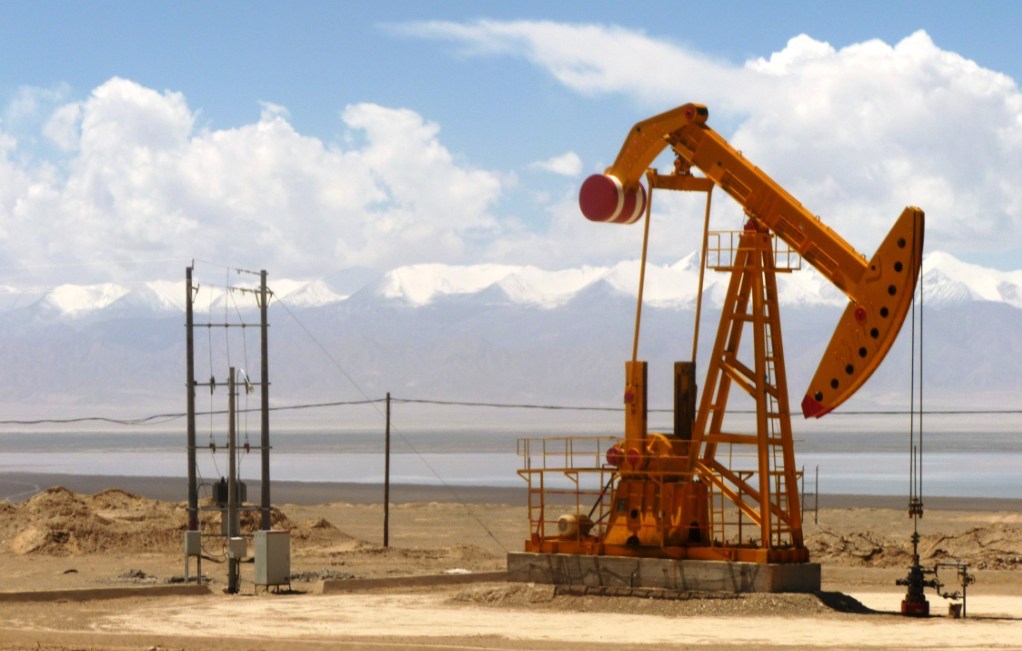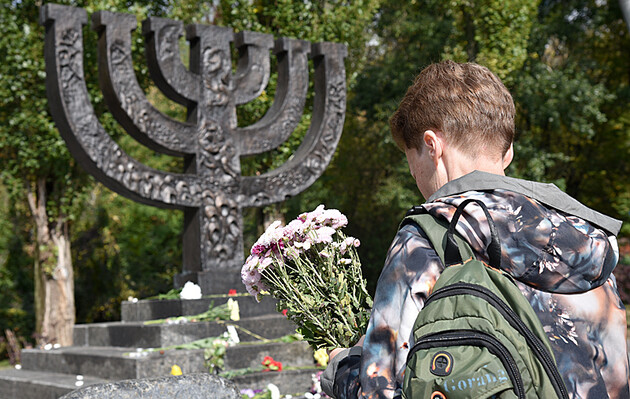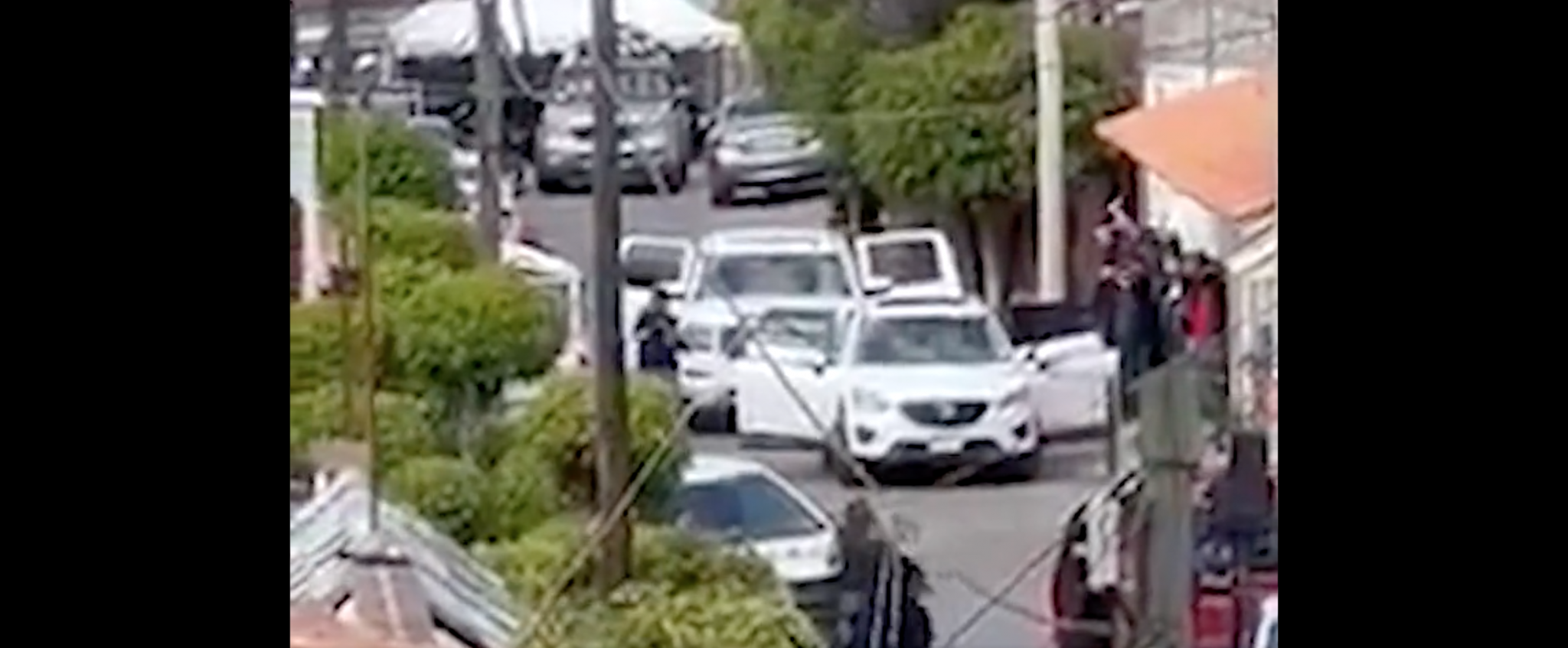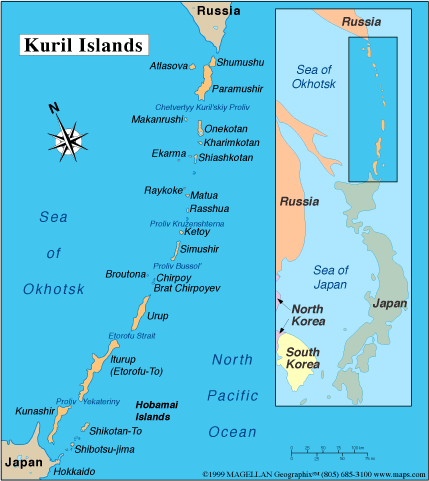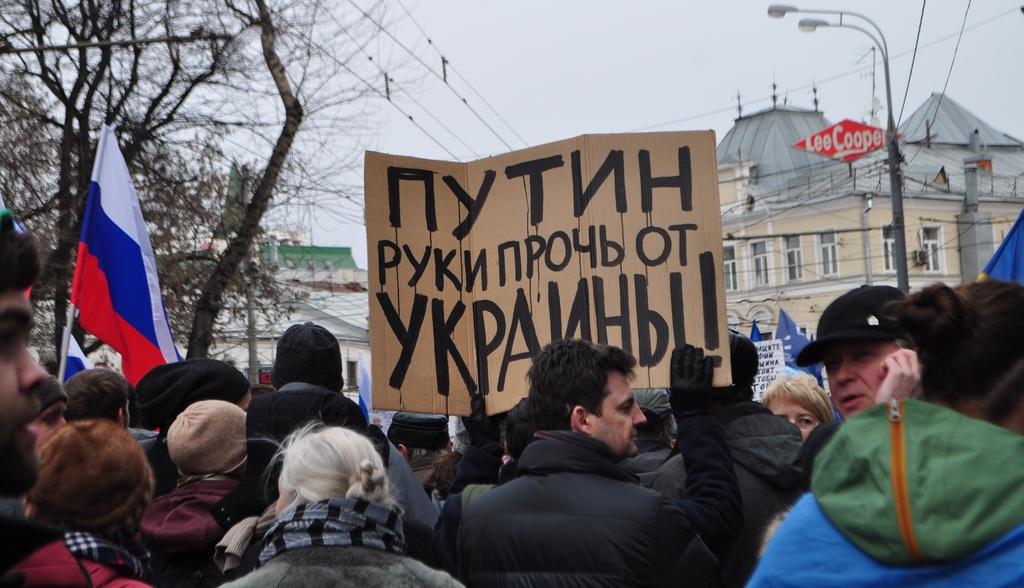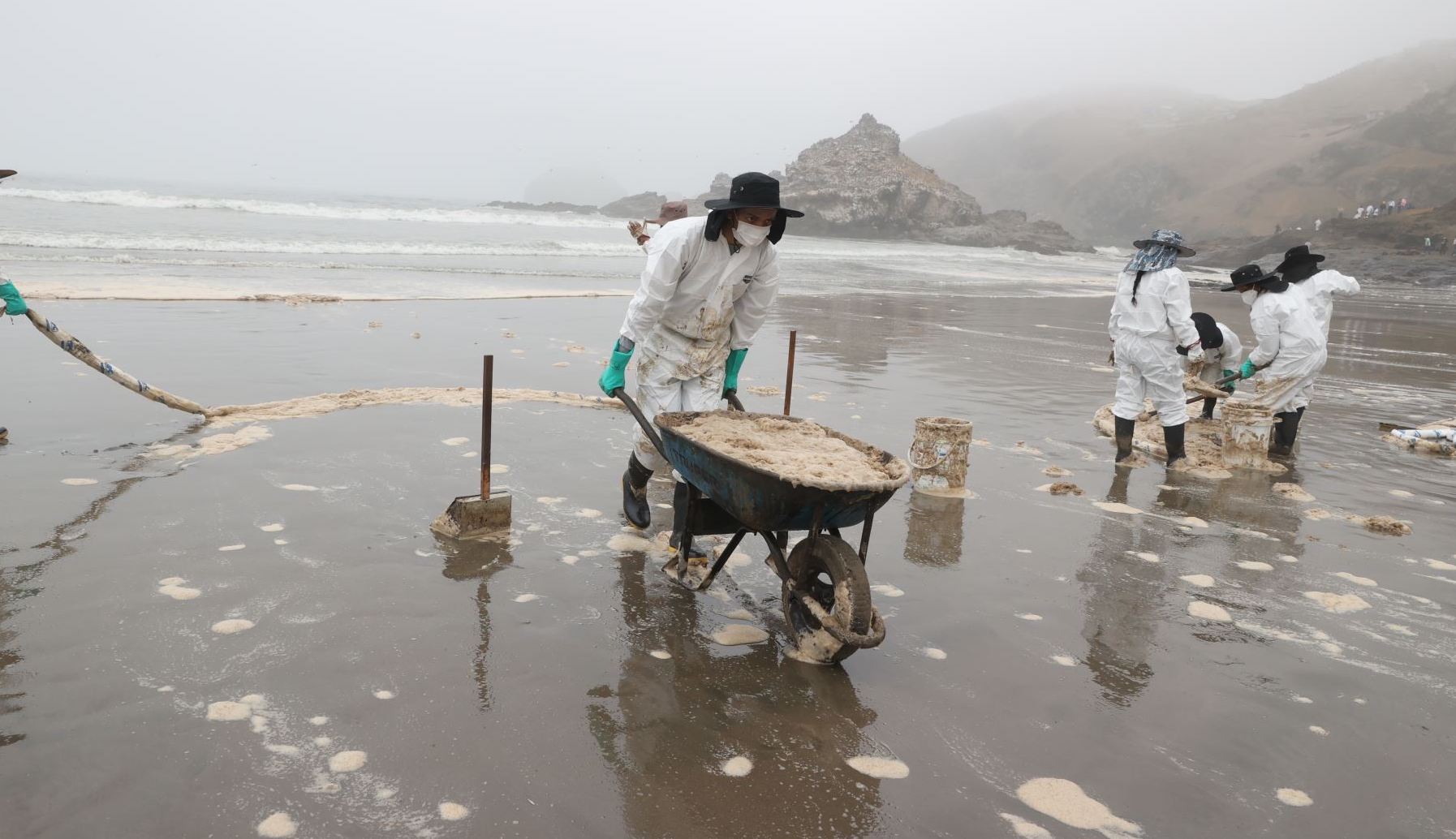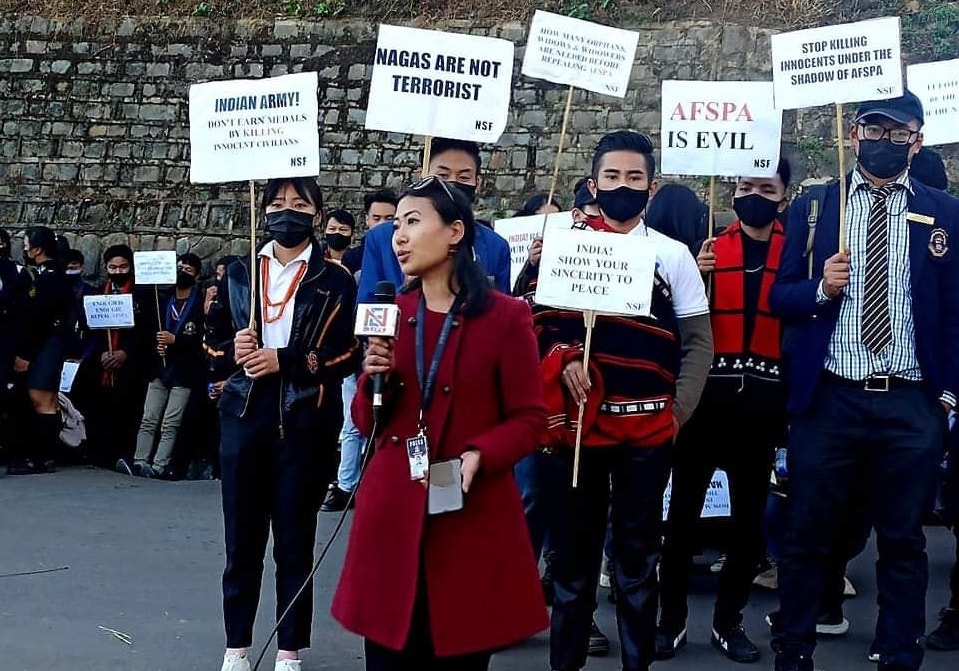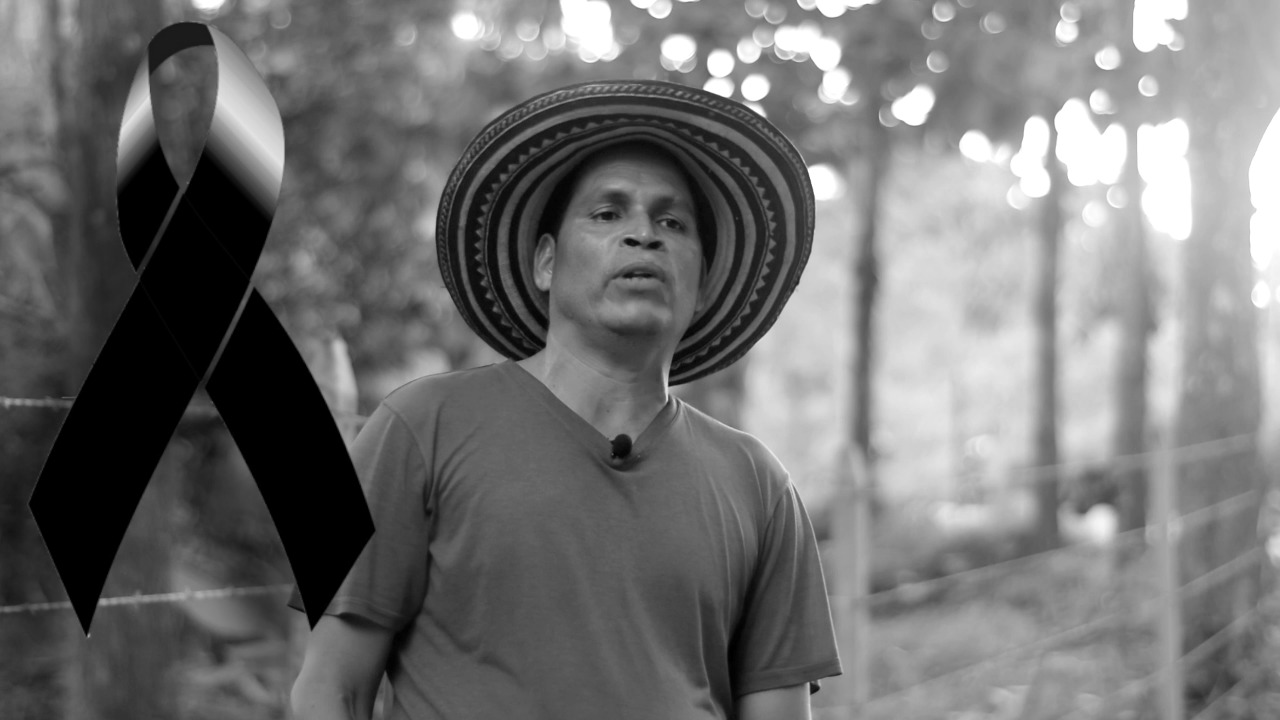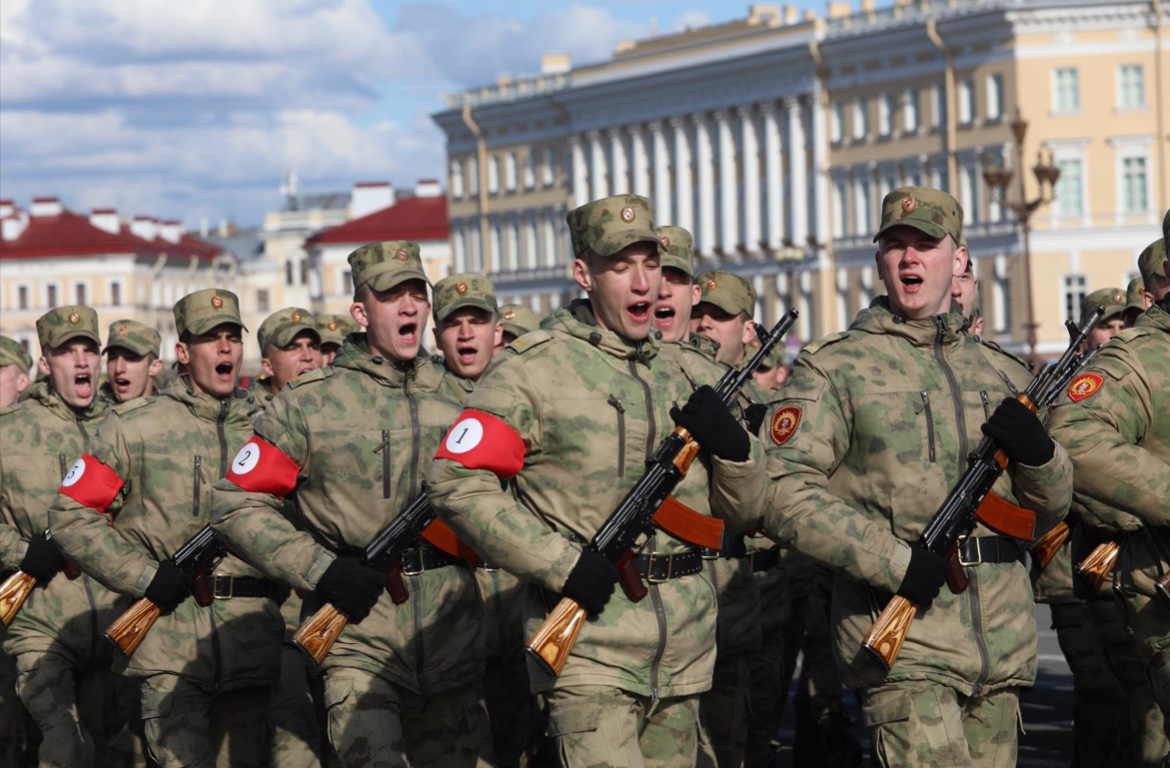
Russian ‘denazification’ goes full Nazi
Russian Foreign Minister Sergei Lavrov, just days after issuing blatant nuclear threats, now engages in the classic anti-Semitic trope of blaming Nazism on the Jews. Speaking to Italian TV, Lavrov responded to a reminder that Ukraine’s President Volodymyr Zelensky is Jewish thusly: “When they say ‘What sort of nazification is this if we are Jews,’ well I think that Hitler also had Jewish origins, so it means nothing. For a long time now we’ve been hearing the wise Jewish people say that the biggest anti-Semites are the Jews themselves.” This as Russian state media voices are openly calling for the “total annihilation” of Ukraine, and more mass graves are being discovered daily. Russia will be glorifying this campaign of extermination in massive military parades next week, commemorating the Soviet Union’s 1945 victory over Nazi Germany. (Photo via Twitter)



